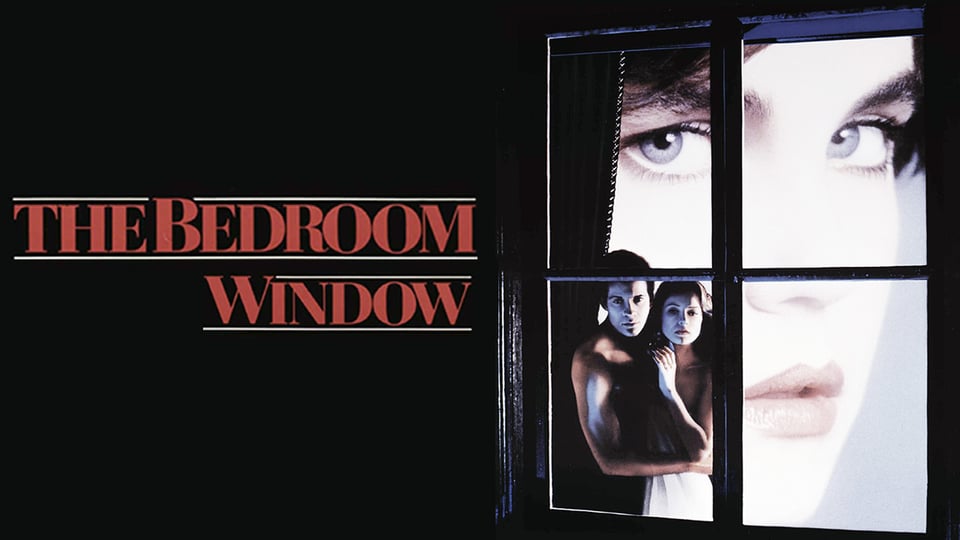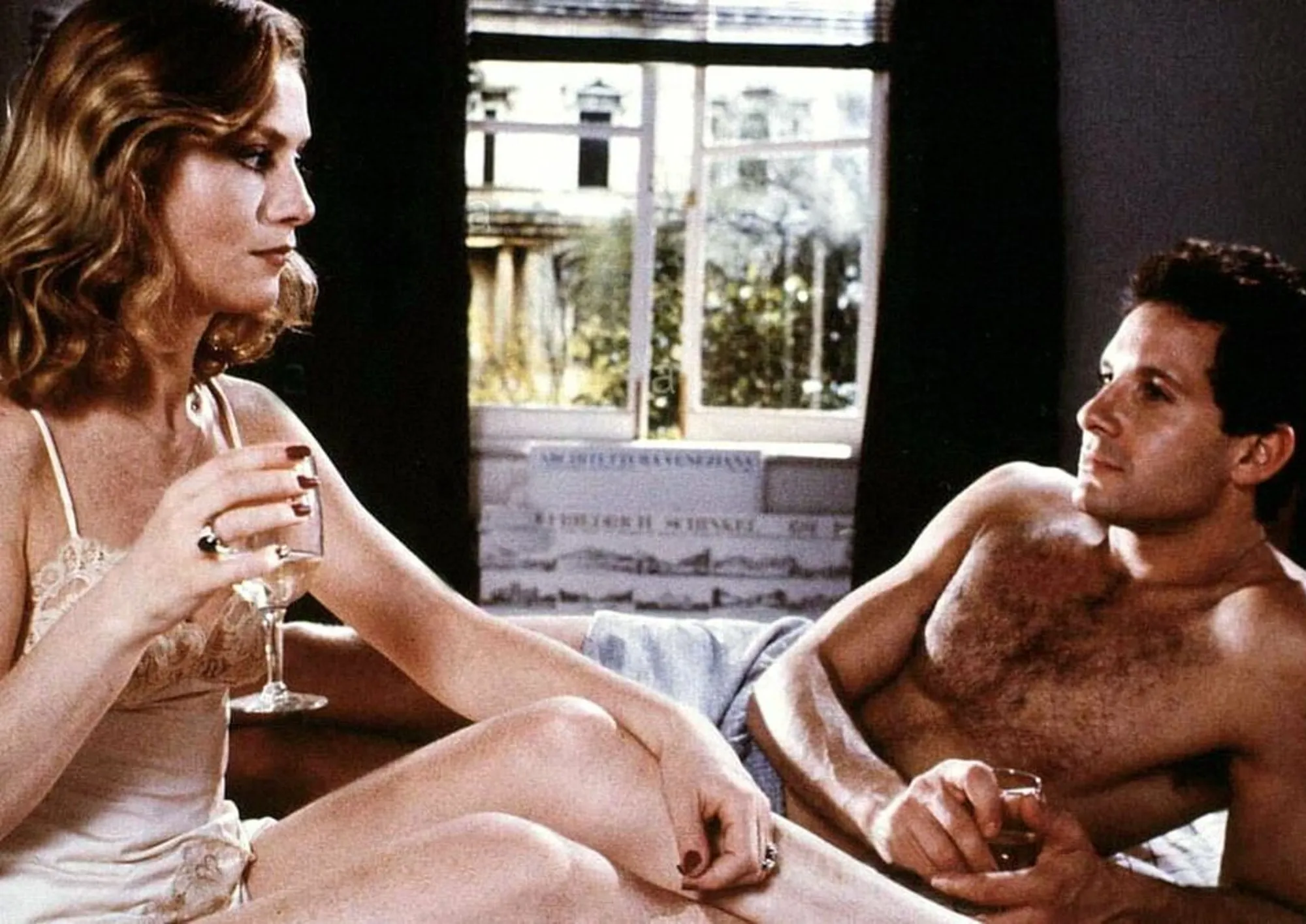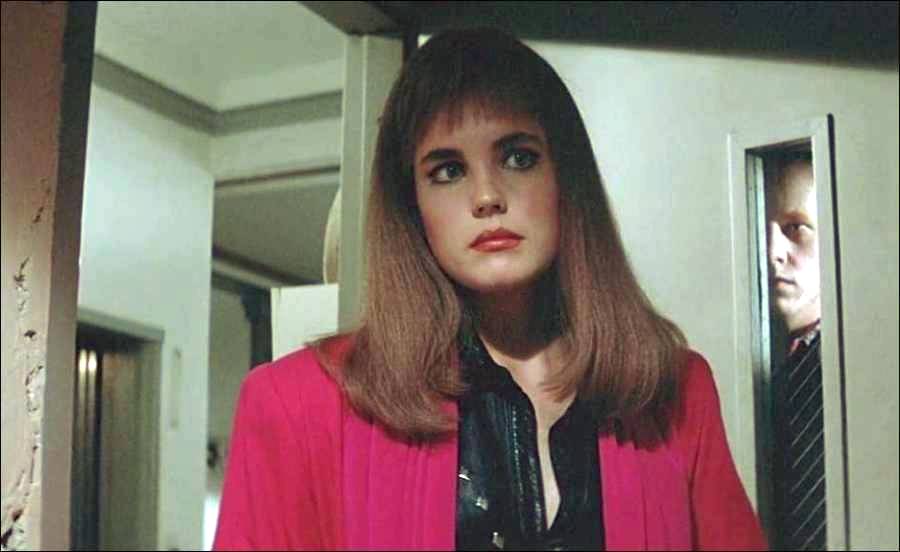The Bedroom Window (1987)

The Bedroom Window (1987) is a chilling psychological neo-noir thriller directed by Curtis Hanson, who also co-wrote the screenplay. Based on the novel The Certification by Anne Holden, the film presents a complex tale of suspense, deception, and moral ambiguity. Set against a backdrop of urban isolation, it takes viewers on a dark journey where reality and perception blur, keeping them on the edge of their seats throughout.
The film stars Steve Guttenberg, Elizabeth McGovern, and Isabelle Huppert, each delivering memorable performances that bring depth and intensity to their characters. Guttenberg plays the lead role of Terry, a man who becomes inadvertently involved in a murder investigation after witnessing a crime through his bedroom window. As Terry is drawn deeper into the mystery, his life becomes entangled with that of the primary suspect, a woman named Sylvia, portrayed by Huppert. McGovern plays a pivotal role as Terry’s girlfriend, whose relationship with him becomes strained as secrets and lies unravel.
The plot of The Bedroom Window revolves around Terry’s attempt to clear his conscience and understand the truth behind what he witnessed. As he finds himself drawn into a web of lies, deceit, and suspicion, he must navigate the complexities of his own moral decisions. The film expertly explores themes of guilt, trust, and the dangerous consequences of getting too involved in situations that one doesn’t fully understand. The tension between Terry’s internal struggle and the external dangers he faces adds an emotional layer to the thriller.

The neo-noir elements of The Bedroom Window are evident in its dark, atmospheric visuals and morally ambiguous characters. Curtis Hanson’s direction imbues the film with a sense of claustrophobia and paranoia, enhanced by the use of shadows and urban landscapes that create a sense of isolation. The haunting score complements the unsettling mood, adding to the sense of impending doom that looms over the story. This atmosphere of unease is integral to the film’s psychological tension, keeping the audience guessing until the very end.

With its compelling performances, intricate plot, and moody aesthetic, The Bedroom Window (1987) stands as a standout psychological thriller in the neo-noir genre. The film’s exploration of human psychology, ethical dilemmas, and the impact of our choices on those around us makes it more than just a simple mystery. It is a deeply engaging narrative that delves into the darker corners of the human mind, leaving viewers with a lingering sense of unease long after the credits roll.











